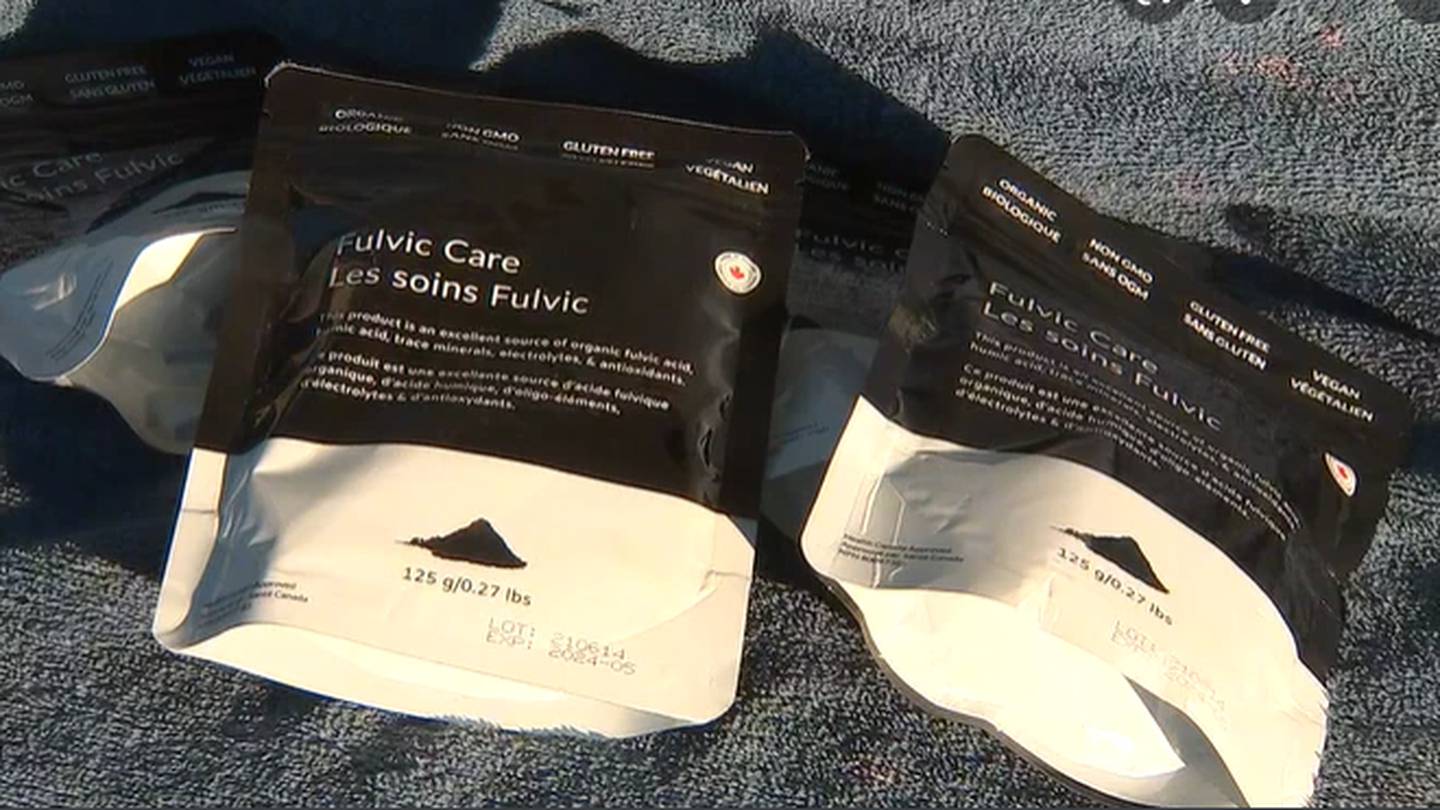Click here to sign in with or
Forget Password?
Learn more
share this!
1
5
Share
Email
April 14, 2022
by Li Yuan, Chinese Academy of Sciences
As promising carbon dioxide (CO2) adsorbents, metal-organic frameworks (MOFs) have attracted much attention in the field of carbon capture and storage (CCS).
In addition to the adsorption property, the energy performance related to the regeneration process is also a crucial factor when screening for suitable MOF adsorbents.
Recently, a research team led by Prof. Shi Quan from the Dalian Institute of Chemical Physics (DICP) of the Chinese Academy of Sciences (CAS), in collaboration with Prof. Han Wei from the Hong Kong University of Science and Technology, proposed an experimental strategy to investigate the energy performance of MOF adsorbents for CO2 capture in the temperature swing adsorption (TSA) process.
This study was published in the Chemical Engineering Journal on April 10.
The strategy is based on the combination of calorimetry and thermal analysis method. The researchers evaluated five well-characterized isomorphic zirconium-based MOFs using this strategy.
They analyzed the CO2 adsorption and desorption process using a thermogravimetric analysis instrument with a temperature-step program, and determined the desorption temperatures for these MOFs. The CO2 uptake and desorption heats of these MOFs were obtained from general isothermal adsorption measurements.
More importantly, the specific heat capacities of these MOFs were measured using a relaxation calorimeter, and their sensible heat values in the temperature swing range were calculated accordingly.
“The energy properties involved in the TSA process, including the regeneration energy, CO2 working capacity, and the corresponding parasitic energy, were efficiently and reliably evaluated,” said Prof. Shi.
The results indicated that the sensible heat for heating the adsorbents from adsorption temperature to desorption temperature dominated the regeneration energy, and the parasitic energy was inversely proportional to the working capacity.
The proposed strategy contains few assumptions, and has sufficient resolution to distinguish small differences in energy efficiency-related properties of MOFs with similar structures and/or compositions.
“This new strategy may provide a feasible and effective experimental approach to study and evaluate the potential of adsorbents for CO2 capture,” said Prof. Shi.
“This work can be a good reference for MOF adsorbent testing metrology development,” commented one of the reviewers.
Explore further
Explore further
Facebook
Twitter
Email
Feedback to editors
15 hours ago
0
15 hours ago
0
Apr 13, 2022
0
Apr 13, 2022
0
Apr 13, 2022
0
6 hours ago
9 hours ago
9 hours ago
10 hours ago
10 hours ago
10 hours ago
10 hours ago
1 hour ago
1 hour ago
1 hour ago
1 hour ago
1 hour ago
1 hour ago
More from Physics Forums | Science Articles, Homework Help, Discussion
Dec 08, 2021
Oct 20, 2021
Jul 24, 2020
Oct 23, 2018
Jun 03, 2021
Aug 07, 2020
11 hours ago
Apr 13, 2022
Apr 13, 2022
Apr 08, 2022
Apr 06, 2022
Apr 06, 2022
Use this form if you have come across a typo, inaccuracy or would like to send an edit request for the content on this page. For general inquiries, please use our contact form. For general feedback, use the public comments section below (please adhere to guidelines).
Please select the most appropriate category to facilitate processing of your request
Thank you for taking time to provide your feedback to the editors.
Your feedback is important to us. However, we do not guarantee individual replies due to the high volume of messages.
Your email address is used only to let the recipient know who sent the email. Neither your address nor the recipient’s address will be used for any other purpose. The information you enter will appear in your e-mail message and is not retained by Phys.org in any form.
Get weekly and/or daily updates delivered to your inbox. You can unsubscribe at any time and we’ll never share your details to third parties.
More information Privacy policy
Medical research advances and health news
The latest engineering, electronics and technology advances
The most comprehensive sci-tech news coverage on the web
This site uses cookies to assist with navigation, analyse your use of our services, collect data for ads personalisation and provide content from third parties. By using our site, you acknowledge that you have read and understand our Privacy Policy and Terms of Use.




